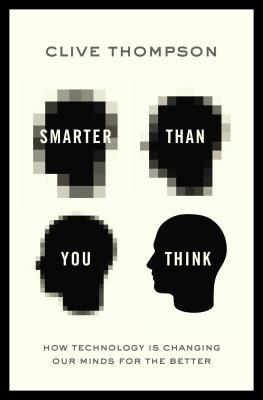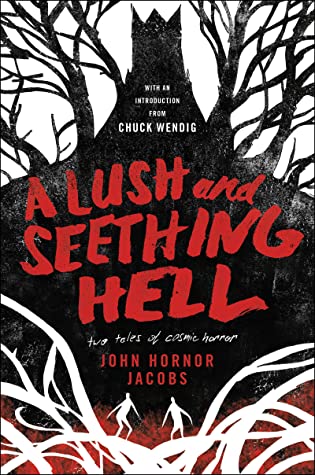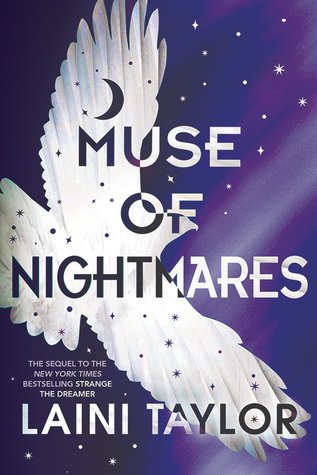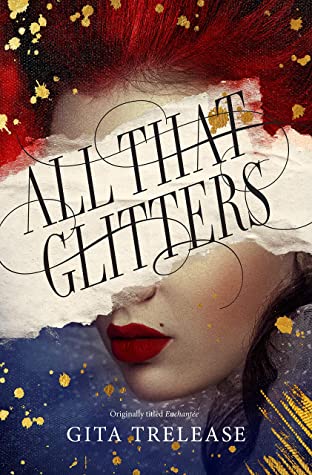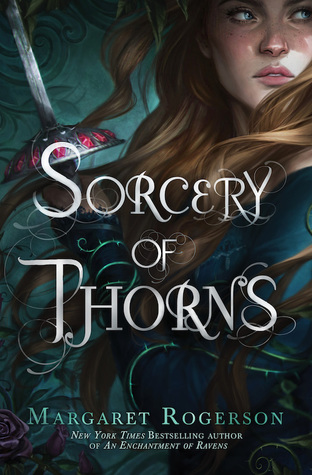Ready Player Two (Ready Player One #2), by Ernest Cline

I only remember about Ready Player One that it was fun and pleasant to read, with kids exploring a virtual universe of cultural references to reach the magical MacGuffin. Ready Player Two is almost none of that, instead being boring, by the numbers and most of it written as exposition. It's like Sorento tried to write a Ready Player One book. I really did not like it. What was Ernest Cline thinking?!
The exposition writing style is the thing that annoyed me first. You know when you are reading a book and it has to explain some thing that happened in a previous book, so it takes some well placed paragraphs to talk in the past about that? Well, this book starts with a third of it written like this. A complete third of the book is just exposition! And maybe it would have been OK if it were fun exposition, but no. It basically says "remember the good fun we had in the other book and the glorious feeling of victory? Well, that all went to shit immediately".
It then proceeds on explaining (also in past tense) how two incredibly sci-fi things just... happened: first a complete machine to brain interface that is just there and you can put it on your head and then... an interstellar starship?! Which, BTW, does nothing for the entire book. It's an impossible to believe part of the story that then has no impact on it.
Since the Oasis is basically Meta, with a working metaverse, the author does some lazy mental gymnastics to explain how it is still a good thing and how Wade is not Zuckerberg. Only it fails completely. I mean, we are meant to believe Wade temporarily joins the dark side only to recover later, while still remaining a positive character, but he comes up as a hypocrite who has no actual control over himself or what happens. After reading the first half of the book you hope Zuckerberg is going to take over, because Wade is so much worse. And then, the antagonist and a new quest are revealed by matter-of-factly presenting another impossible technological leap.
No. This book is a total failure. Every character (including the wonderful do-gooder Samantha, voice of conscience and princess of awesome) is unlikeable, the writing style is amateurish and feels like an accountant explains in a board meeting what has happened while the plot is full of holes and deus-ex-machinas. But worst of all, by far, is that the book is not fun at all.
